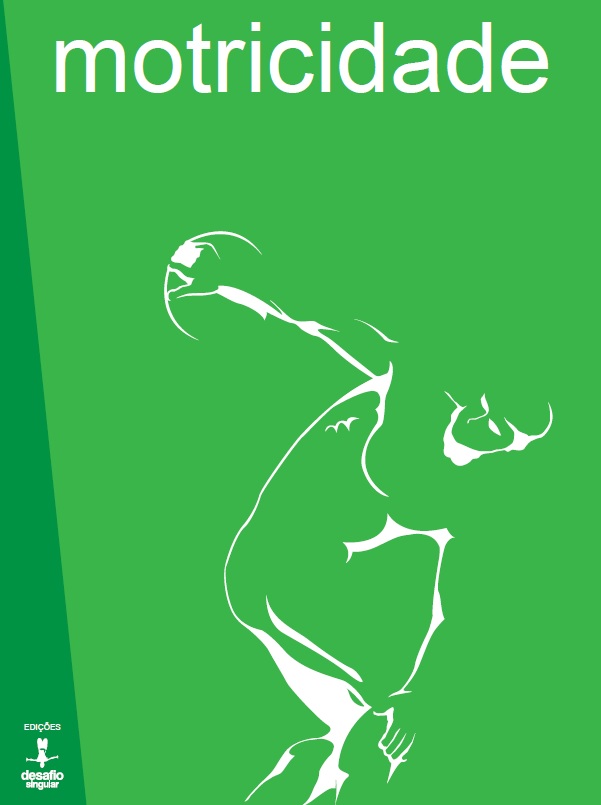Effects of Rio de Janeiro Ar Livre program on the autonomy of octogenarian elderly women
DOI:
https://doi.org/10.6063/motricidade.14877Abstract
With the increase in life expectancy, it is important to acknowledge the impact of health promotion programs on the elderly. The aimed of this study was to evaluate the influence of the Rio de Janeiro Ar Livre physical program on the functional autonomy of octogenarian elderly women´s. To this end, elderly women´s from 19 Rio de Janeiro Ar Livre program gyms were selected for the experimental group (EG) (n=23; 82.57±3.78 years), and for the Control Group (CG) (n=17; 82.88±2.23 years) from the attending cohabitation houses of the City of Rio de Janeiro. To access the functional autonomy was used Rikli and Jones (1999) protocol in two times separated by (28 weeks). It was observed in the EG a significant (p=0.010) increase in Upper limbs' strength test (13.00±3.41 to 15.09±3.60 times, pre and post innervation, respectively) and a significant (p=0.002) increase in 2 minutes Step test in the CG (36.59±15.00 to 47.24±10.96 times, pre and post, respectively). However, any significant differences between groups were observed in all variables analysed. Based in the present data we can conclude that the training program was only effective in the promotions of the functional strength of the upper limbs and to maintain the functional autonomy of octogenarian elderly women.
Downloads
Published
Issue
Section
License
The authors of submitted manuscripts must transfer the full copyright to Journal Motricidade / Sílabas Didáticas Editions. Granting copyright permission allows the publication and dissemination of the article in printed or electronic formats, and copyrights start at the moment the manuscript is accepted for publication. It also allows Journal Motricidade to use and commercialise the article in terms of licensing, lending or selling its content to indexation/abstracts databases and other entities.
According to the terms of the Creative Commons licence, authors may reproduce a reasonable number of copies for personal or professional purposes, but without any economic gain. SHERPA/RoMEO allows authors to post a final digital copy (post-printing version) of the article on their websites or on their institutions' scientific repository.


